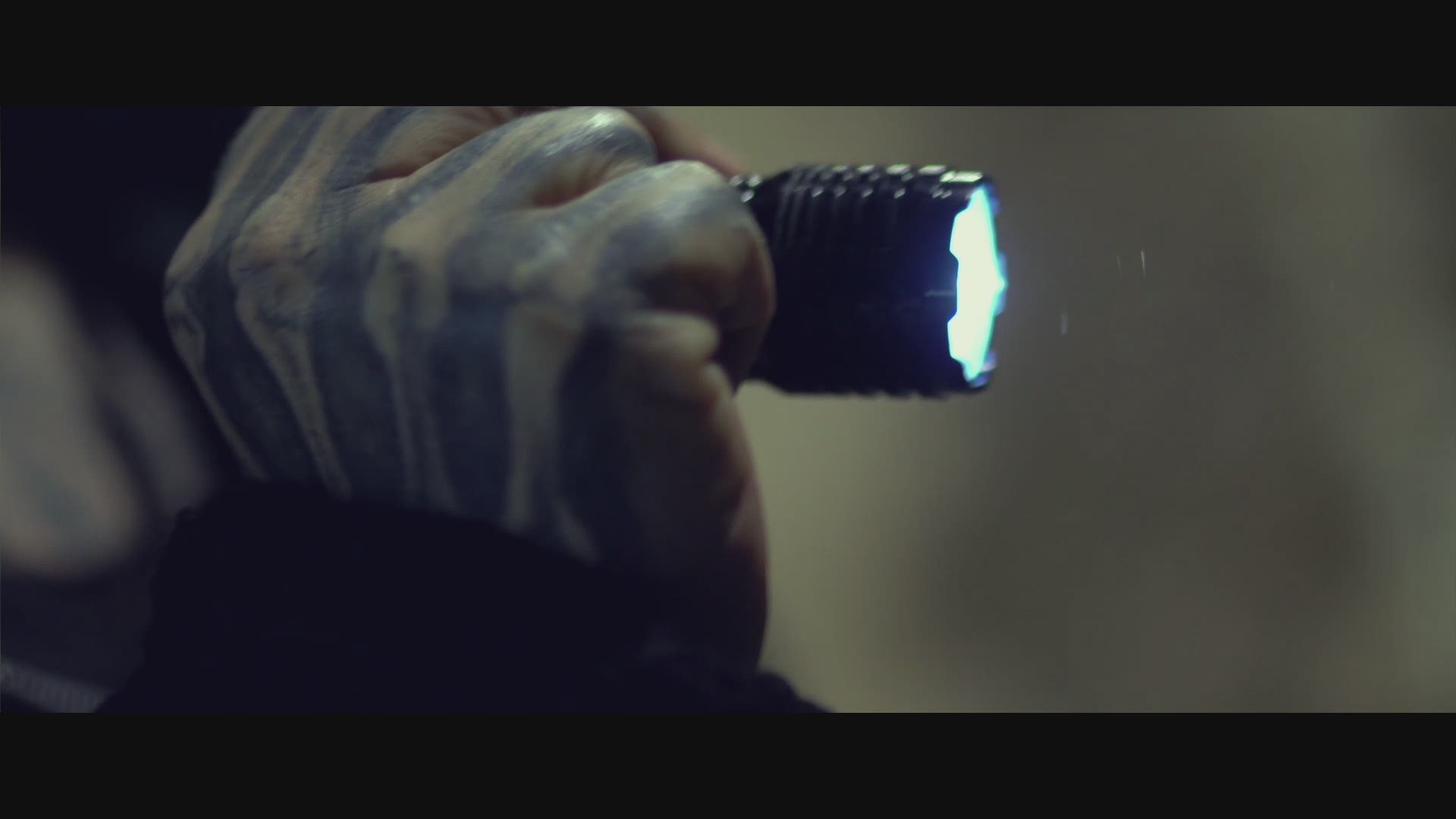By all accounts, Stephanie Crowe was an outgoing, well-liked 12-year-old girl.
She lived with her parents, her younger sister and her older brother in Escondido. But on the morning of Jan. 21, 1998, Crowe’s grandmother went into her bedroom and found a horrible scene. She had been stabbed to death.
Police found no signs of forced entry at the crime scene and no weapon. There were reports of a man named Richard Tuitte seen in the neighborhood the night before, but he was questioned and released. There was no evidence tying him to the murder.
Crowe’s teenage brother quickly became the focus of the investigation. And after two days of questioning, Michael Crowe confessed, along with two of his friends.
“Right from the beginning it seemed like police were focusing in on Stephanie’s older brother Michael. At the time he was just 14-years-old,” said Steve Price, CBS 8 reporter and weekend anchor, who covered the case as it unfolded.
Michael was arrested and sent to prison for the murder of his sister.
But in the months to come, new evidence was found linking Tuitte to the murder. Michael was released and Tuitte was convicted.
But then another twist: Tuitte’s conviction was thrown out and he was released. Stephanie’s killer was still on the loose.
In the years to come, Michael and his friends would file lawsuits and even seek to have their records cleared of any connection to the murder. They argued that they were in fact coerced into giving false confessions as teenagers.
The podcast True Crime Chronicles takes a look back at the murder of Stephanie Crowe and the impact it still has today on the Crowe family and the community of Escondido.

